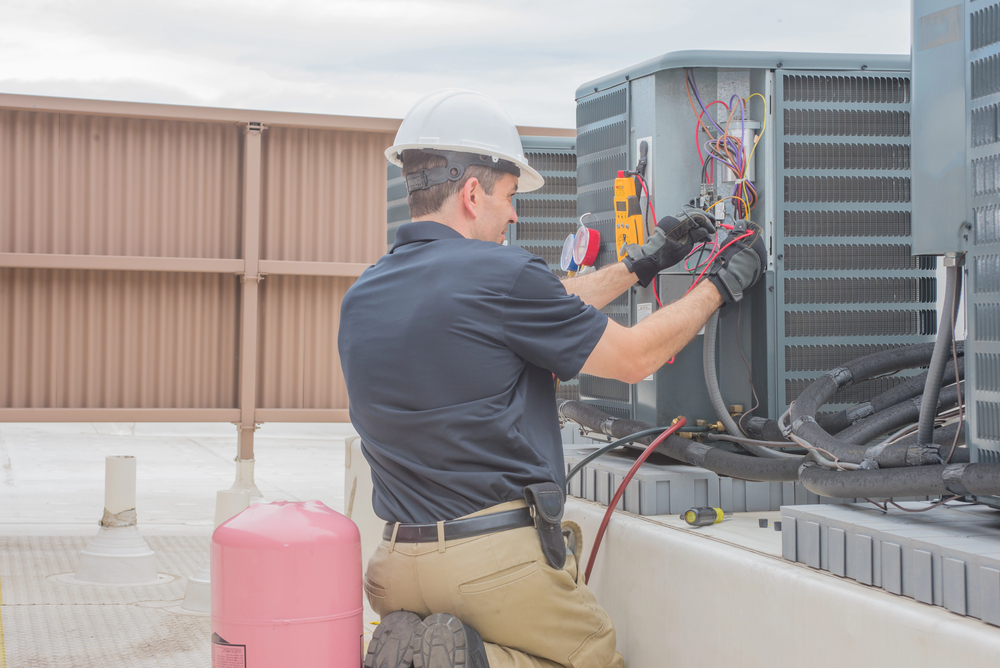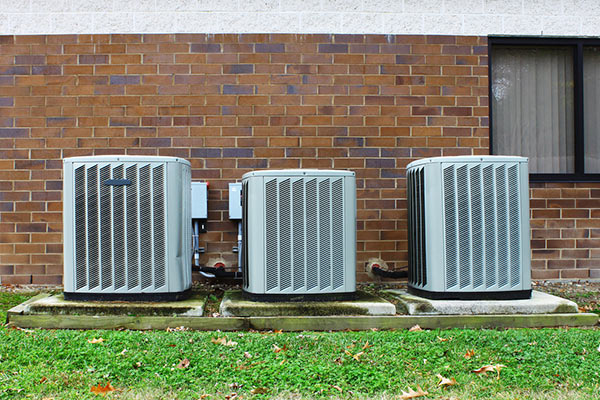How Seasonal Changes Impact Your HVAC System
Dec 20, 2024

Understanding how the seasons affect your HVAC system can help you prepare for changes, save money, and stay comfortable year-round. From fluctuating temperatures to varying humidity levels, your HVAC system has to adapt constantly. Learning how these shifts impact your system ensures you can keep it running efficiently and effectively.
Why Seasonal Changes Matter for HVAC Performance
Seasonal changes, such as summer heat or winter cold, place unique demands on your HVAC system. These challenges can lead to inefficiencies, higher energy bills, and unexpected repairs if not managed properly. Knowing what to expect during each season can help you get ahead of potential issues.
Increased Cooling Demands During Summer
Hot summer months push your air conditioner to its limits, causing increased wear and tear. It’s crucial to ensure proper maintenance during this time to avoid breakdowns. Regularly replacing filters and cleaning coils can make a significant difference.
Winter’s Effects on Heating Systems
Winter weather often requires your heating system to run for extended periods. This can lead to higher energy bills if your unit is not operating efficiently. Sealing air leaks and scheduling annual maintenance can keep your heating system in peak condition.
Humidity Fluctuations and Their Impact
Seasonal humidity changes can affect both your comfort and your HVAC system. High humidity in summer can strain your air conditioner, while low humidity in winter may require a humidifier to maintain indoor comfort. Considering indoor air quality solutions can help address these seasonal challenges.

How to Prepare Your HVAC System for Each Season
Proactively preparing your HVAC system for seasonal changes can reduce energy costs and prevent costly repairs. A little preparation goes a long way in keeping your system running smoothly all year.
- Spring Cleaning: Clear debris around outdoor units, replace air filters, and schedule a tune-up before summer arrives.
- Fall Maintenance: Inspect heating components, ensure vents are clear, and test your system before the first cold snap.
- Adjust Thermostats: Program your thermostat to match seasonal needs, reducing strain on your HVAC system.
Recognizing Signs of Seasonal HVAC Strain
Seasonal changes can reveal underlying issues in your HVAC system. Recognizing the signs early can save you from inconvenient breakdowns.
Unusual Noises or Smells
If you notice loud noises or odd smells when switching between heating and cooling, it could indicate a problem with your HVAC system. Addressing these issues promptly can prevent further damage.
Inconsistent Temperatures
Uneven temperatures throughout your home are often a sign of inefficiencies. Ensuring proper insulation and checking for duct leaks can help improve comfort. If you’re considering an upgrade, learn about energy-efficient installations to improve performance.

Spikes in Energy Bills
Seasonal HVAC strain can lead to higher utility bills. If you notice unusual increases, it may be time for a professional inspection or even an AC replacement to save on energy costs.
Work with a Local Team
Managing your HVAC system through seasonal changes doesn’t have to be a challenge. Partnering with a trusted local team ensures your system is ready for any weather. Whether you need repairs, replacements, or guidance, we’re here to help.
